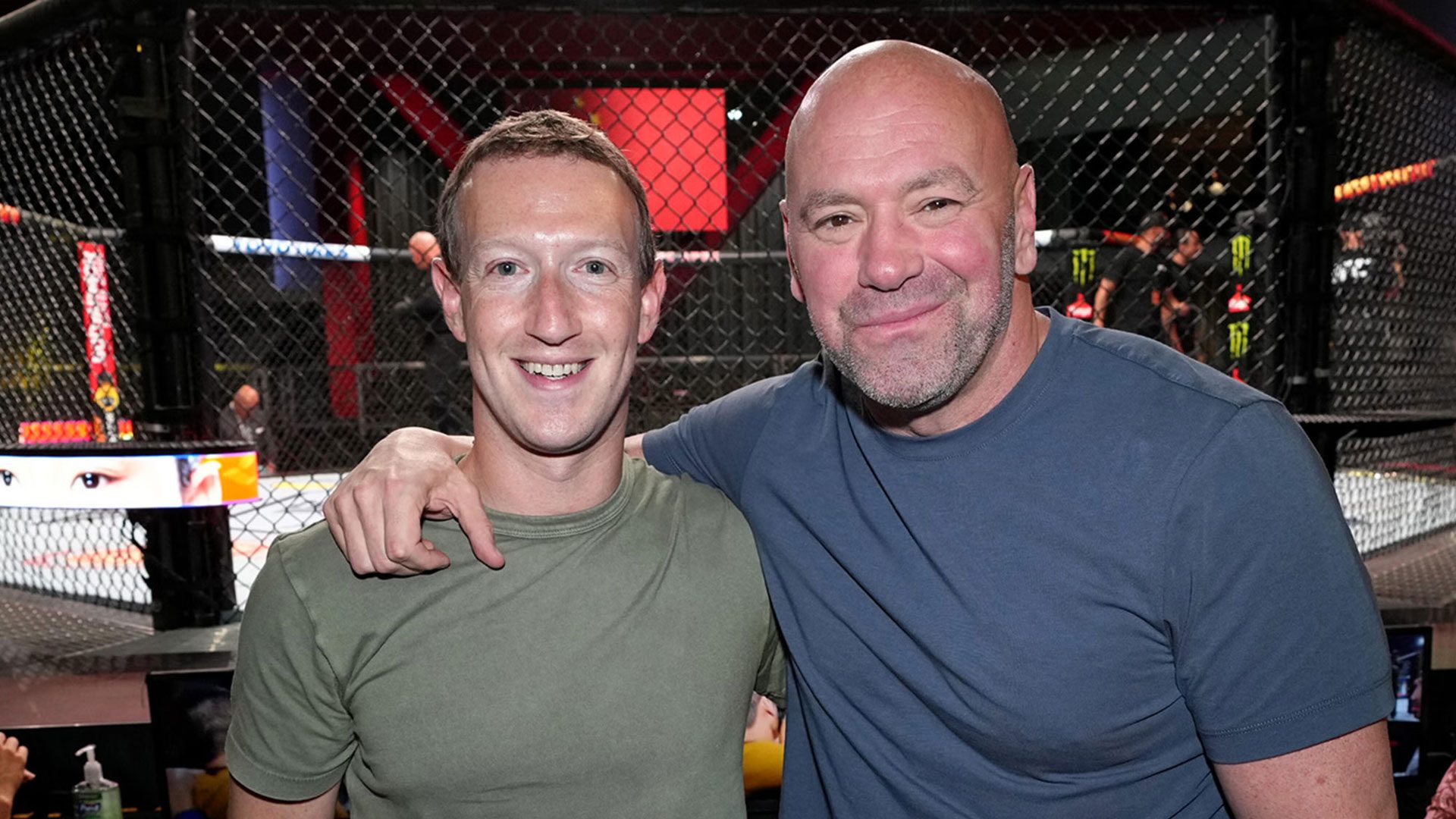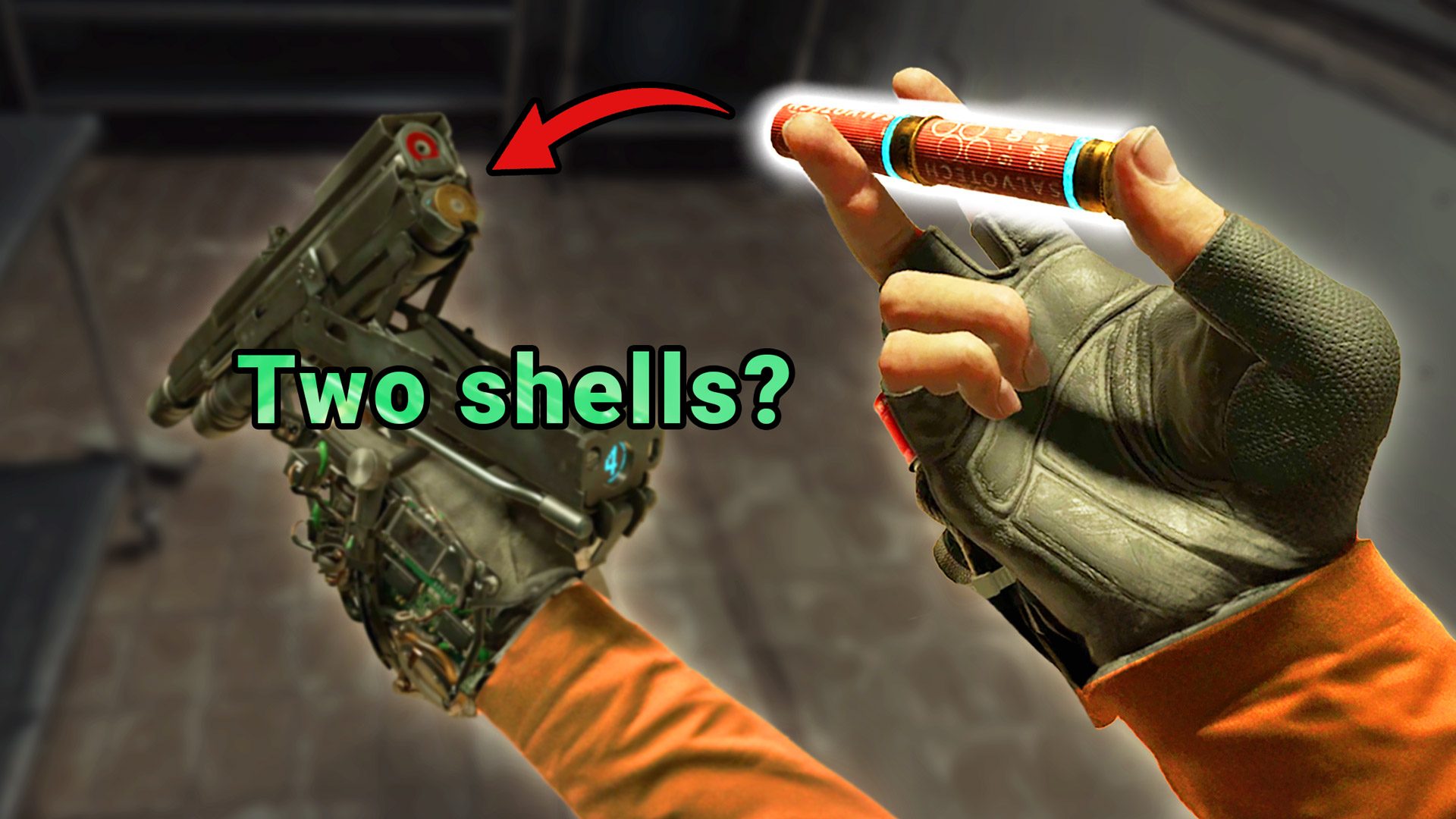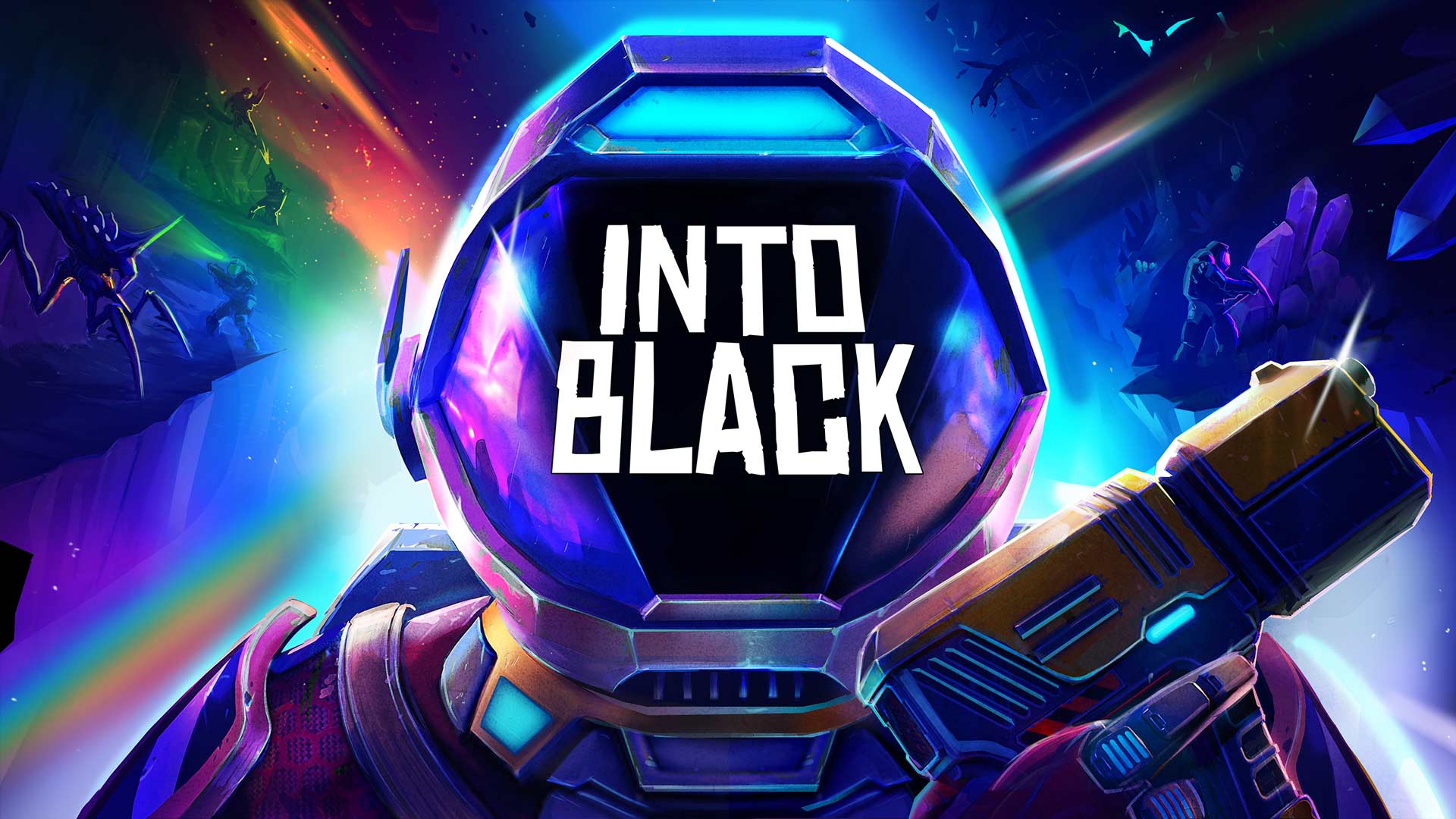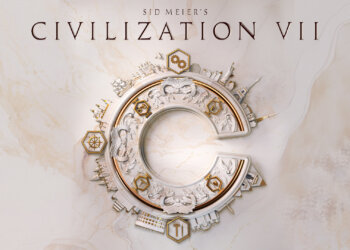One of the most unforgettable scenes in the Assassin’s Creed saga happens early in Assassin’s Creed 3. This pivotal moment unfolds when Haytham Kenway gathers a group of individuals in the New World. Initially, players are led to think this group comprises assassins. Haytham wields a hidden blade, exudes the same charm as Ezio Auditore, and, until this point, has portrayed himself as a hero. He’s been rescuing Native Americans and clashing with arrogant British soldiers. But it’s when he says, “May the Father of Understanding guide us,” that players realize they’ve been following the Templars, their sworn adversaries.
For me, this twist encapsulates the essence of what Assassin’s Creed can achieve. The series kicked off with an intriguing premise—target and eliminate, while getting acquainted with your objectives. However, the storyline in the original game fell flat; protagonist Altaïr and his targets were lacking depth. Assassin’s Creed 2 corrected this by introducing the charismatic Ezio, though it didn’t extend the same depth to his foes. Characters like Cesare Borgia, from Assassin’s Creed: Brotherhood, remained shallow. It wasn’t until Assassin’s Creed 3, set amid the American Revolution, that Ubisoft took the time to fully develop its cast, providing a seamless narrative and gameplay balance yet to be matched.
Although the current RPG era has generally been appreciated, there’s a consensus among fans and critics that Assassin’s Creed isn’t what it used to be. Opinions differ on the reasons. Some critique the unrealism of modern games, where players battle gods like Anubis. Others find issue with diverse romance choices or, notably in Assassin’s Creed Shadows, featuring an actual historical figure, the African samurai Yasuke, as a protagonist. Despite my fondness for the Xbox 360/PS3 titles, I believe the issue lies in the dilution of the series’ character-driven stories, now overshadowed by an ever-growing open world.
Assassin’s Creed has evolved to include RPG elements, like dialogue trees and leveling systems, along with features such as loot boxes and gear customization. But with size, narrative depth has waned. Despite an expansive content offering, games like Assassin’s Creed Odyssey may feel lacking and less polished compared to the sharply written narrative-driven earlier titles.
The idea of influencing character actions should ideally enhance immersion. However, expanding scripts to cover every player option often results in less refined storytelling. The concise writing showcased in earlier games allowed characters to be well-defined without the constraints of gamers choosing between compassion and brutality.
This dichotomy is evident; while Odyssey offers more to do than Assassin’s Creed 2, much of its content seems lifeless. It momentarily snaps the player out of the immersive experience, reminding them of the game’s artificiality rather than its historical authenticity. This contrast is most stark when looking back at some of the franchise’s best narrative moments, such as Ezio’s impassioned speech after confronting Savonarola, or Haytham’s poignant final words to his son Connor.
The narrative struggles on a few fronts. While current games simplify the conflict by painting Assassins as heroes and Templars as villains, earlier entries blurred these lines. In Assassin’s Creed 3, each vanquished Templar uses their dying moments to challenge Connor’s—and the player’s—perspective. Characters like William Johnson and Thomas Hickey offer criticism on broader themes, while Haytham sows doubt regarding George Washington’s legacy, revealing the game’s true antagonist in a complex light. This introspective storytelling leaves players pondering long after the credits roll.
Reflecting on Assassin’s Creed’s legacy, it’s clear why Ezio’s memorable theme from Assassin’s Creed 2, “Ezio’s Family,” remains iconic. The PS3 era titles, especially Assassin’s Creed 2 and 3, focused on deeply personal narratives. The haunting melody was not about the Renaissance setting as much as it was about Ezio’s profound loss. Although today’s Assassin’s Creed offerings boast expansive worlds and impressive visuals, there’s a hope that future installments will revisit concise storytelling. Yet, in a market leaning towards vast open worlds, this hope seems increasingly distant.
Tim Brinkhof, a freelance writer with a focus on art and history, studied journalism at NYU and has written for publications like Vox, Slate, and Polygon.














































